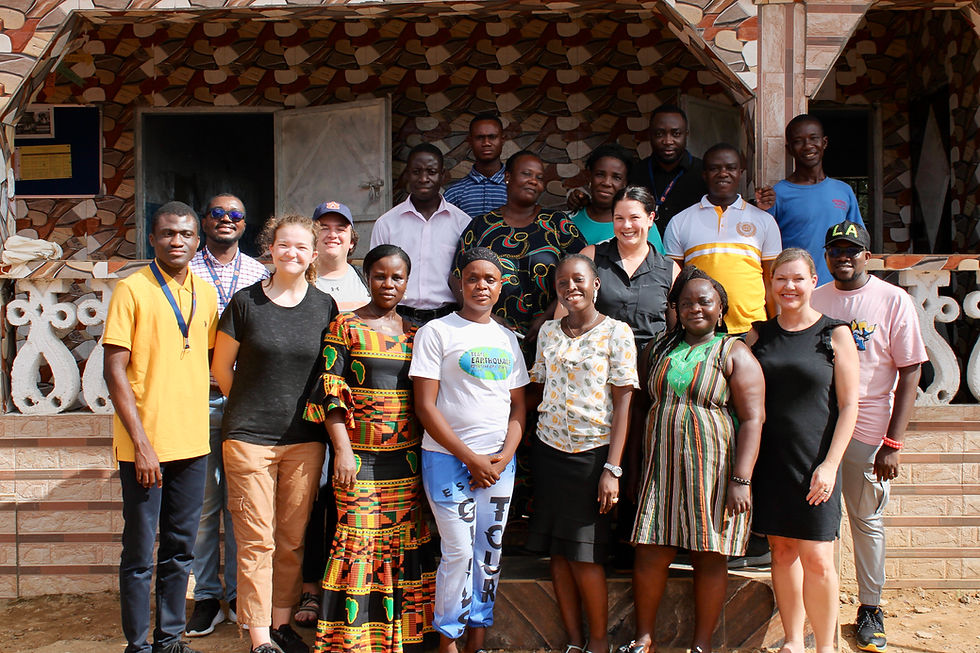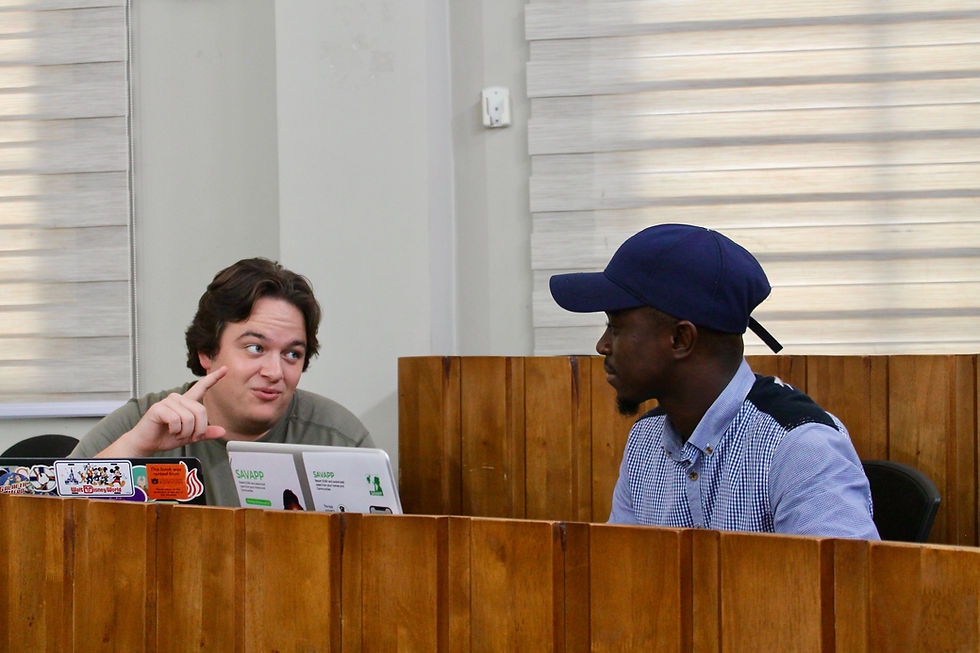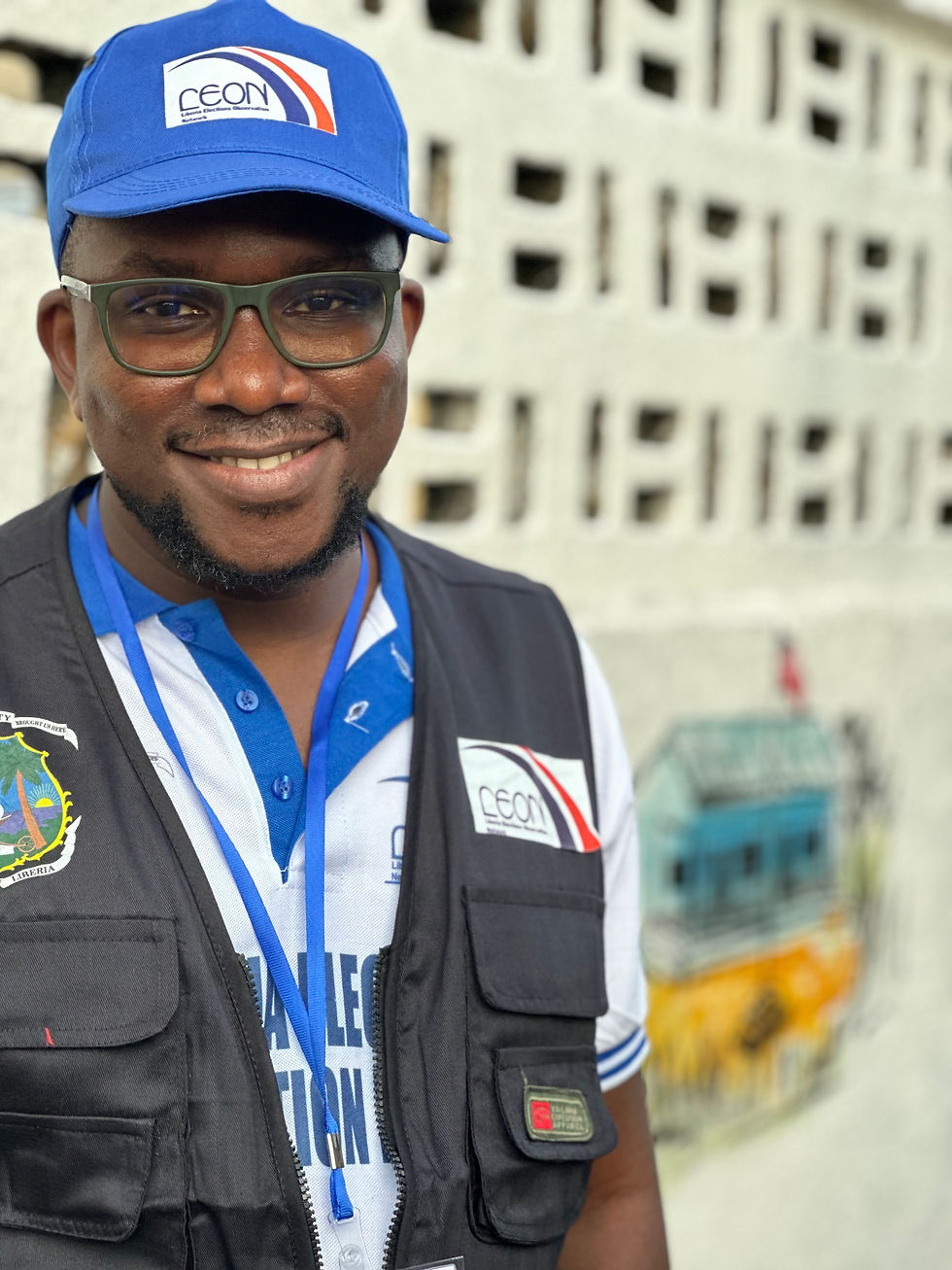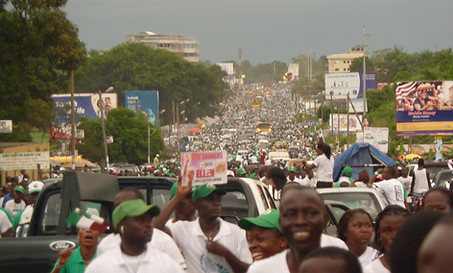top of page

Courses
We utilize a range of high-impact teaching practices, including experiential learning, international service learning, collaborative and community-based learning, all of which help students bridge theory and practice, and prepare them to act as civic agents who possess the knowledge, skills, and motivation to affect innovation and change in local and global communities.
Public Administration, Civil, Society and Democracy Overview
Public Administration, Civil Society, & Democracy is a semester-long course with a two-week travel abroad/international service learning (ISL) component embedded into the course. The course allows students to compare democracy and governance, public administration systems and institutions, public policymaking, and civil society in African contexts to those in the U.S. Course objectives include research (international field work), teaching (short courses and trainings for local stakeholders), and service/outreach (international service-learning projects). Each iteration of the course is designed to leverage the country's unique context, faculty expertise, and existing relationships in the country. Course topics are developed that reflect the specific country context.




1/6




1/5
Public Administration, Civil, Society and Democracy
Liberia 2023
Students took part in a collaborative seminar on democracy and elections at African Methodist Episcopal University, conducted international election observation during the 2023 national election, and completed site visits to local civil society organizations (CSOs). Students also completed an international service learning (ISL) assignment for a Liberian CSO.




1/8
Public Administration, Civil, Society and Democracy
Liberia 2022
Students participated in a faculty-led field research project on civil society capacity-building in Liberia, and helped conduct focus groups while in-country. They also designed and delivered a short course and a training workshop for African Methodist Episcopal University and the Liberian NGO Hope Alliance.
Read more here.
Public Administration, Civil, Society and Democracy
South Africa 2022 and 2025
The South Africa course included a module on apartheid in South Africa and encouraged students to compare it to the Civil Rights movement in the United States. Students also designed and delivered course modules and e-magazines on various topics related to South African democracy and development.




1/6




1/18
Public Administration, Civil Society, and Democracy
Ghana 2019
This course examined Ghana’s post-colonial development progress, the strength and capacity of democratic institutions, and the role of public administration and civil society in Ghana’s democratic development. Students worked on a collaborative project with the Ghana Anti-Corruption Coalition on citizens' access to transparent and accountable public services.
Public Administration, Civil Society, and Democracy
Liberia 2017
This iteration of the course emphasized the role of civil society and elections in strengthening and consolidating democracy. Students participated as international election observers during the 2017 Liberian national election.




1/10

International Philanthropy
This course offers an introduction to the role of international philanthropy in addressing global poverty and how philanthropic practices and behaviors are embedded in cultural contexts.
International Social Work and Social Development
This course introduces students to developmental social work practice and the contribution of this approach to attaining Sustainable Development Goals (SDGs). Areas of focus include community mapping, capacity building, community development, self-help and self-reliance, and enhancing social integration and cohesion. Special emphasis is placed on the roles different global actors play in mitigating social problems and the application of integrated and transdisciplinary perspectives and frameworks, programs, and strategies used in poverty alleviation. conflict and peace issues, post-conflict reconstruction, displacement and migration, and global health. International social work practice and development with specific populations (street children, child soldiers, orphans, elderly persons, and persons living with disabilities) is also be explored. The geographic context for this course focuses on developing countries in Africa, Asia, and Latin America.

bottom of page
